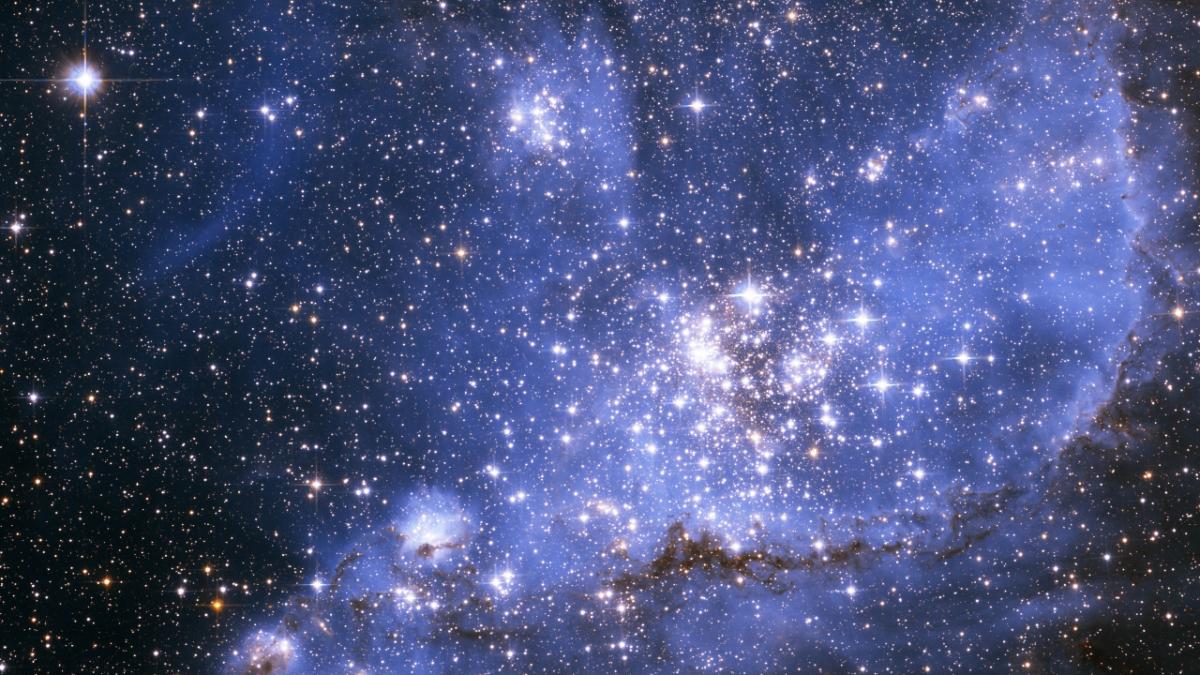The universe started with the Big Bang. What will the universe look like far in the future? Cosmologists aren’t sure, but they have some predictions. The most famous prediction is the heat death of the universe.
The universe can feel overwhelming to contemplate. Let’s shrink it into a manageable thought experiment. Imagine that you’ve brewed a hot cup of tea. You set the mug in a large box and seal the box shut. Then, you wrap the box with layers of insulation. In this thought experiment, you’ve just created a closed system: no heat, or light, or energy of any kind can enter or leave the box.
Eventually, if you checked the box, what would you discover? You’d find that the tea, the mug, and all the air in the box are now the same temperature. The tea has cooled, while the air has warmed up. This is called thermodynamic equilibrium.
Our universe is like this box. Things are constantly happening—stars are fusing atoms, planets are spinning, galaxies are forming. All these actions exchange energy, usually in the form of heat, which dissipates into the cosmos and can’t be used again. In the distant future, all the universe’s energy will have dissipated, or spread out evenly, and the cosmos will reach thermodynamic equilibrium. Because all the energy will be evenly distributed, nothing more can happen.
What does this even distribution of energy look like? Over trillions of years, stars will run out of fuel, and orbits will decay, causing planets to fall. Everything will end up in black holes, until they probably radiate their energy away as well. The universe will become permanently unmoving and unchanging.









